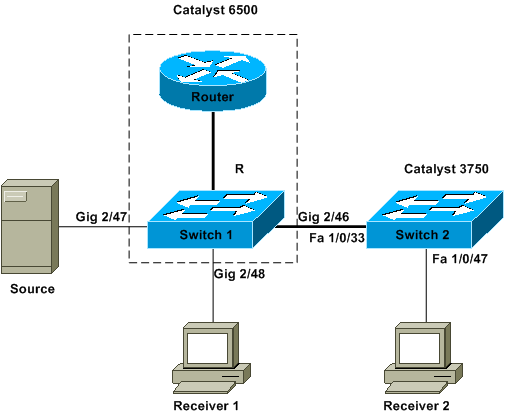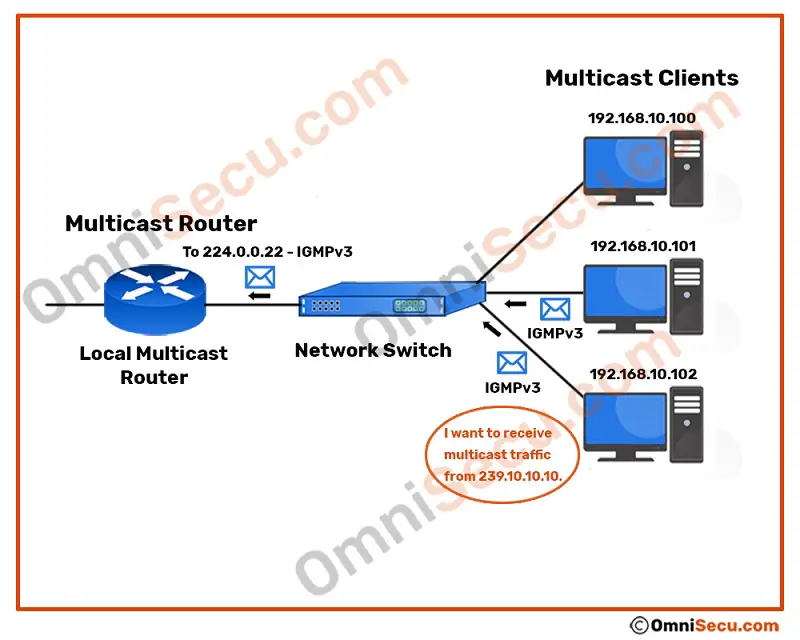
But I'm no expert, would like to hear someone validate/invalidate the claims and maybe give some pointers to the code.

I looked into the Linux IPv4 source code and so far it seems that the above two will happen, for example, _udp_is_mcast_sock() would return true even if inet->mc_list is empty, because inet_create() sets inet->mc_all to 1.

socket A listens to UDP multicast address MULTICAST_IP_A with port number PORT_A.on a machine with one interface, primary IP address is IP_ADDR.The hypothetical scenario I can think of is like this: To check if multicast is enabled already on an IP address use the “ifconfig” command.My understanding is this, if a socket does not bind local address(or binds to INADDR_ANY), and does not call connect() to set remote address/port, then there is no way to prevent unicast packets to be delivered to a multicast listening socket, or vice versa, since the only check remaining when a packet reaches the UDP layer is port number match (again, since the other criteria such as remote/local addresses are both zero). We can capture the following packet when a program join the multicast group 225.0.0.37.ġ. An IGMP member report will be sent this addresses when a host joins a multicast group, then the multicast router can receive that report and maitain the membership of a group. 224.0.0.2 – all multicast routers group.224.0.0.1 – all hosts group, all hosts configured IP multicast will join this group when an interface starts up.Returns: A set of all responses that arrived before the timeout expired.

port: Multicast UDP port component of the socket to send to.

Some addresses are reserved and have been assigned to specified groups. address: Multicast IP address component of the socket to send to. This document provides a simple client/server example for setting up a multicast application in C. So the first 4 bits of a multicast address should be 1110 and the remaining 28 bits represent different goups. Download EXE project - 3.8 KB Download source files - 1.3 KB Introduction. Compared with broadcast, the packets are only sent to the members of a multicast group with the help of a multicast router. This is because the only purpose of the Listen message is to ensure that the Sender continues sending Audio messages, and any Listen message from any Receiver will serve this purpose. Multicast can be used to send IP packets to a group of interested receivers. However, when using Multicast UDP it is not necessary for a Receiver to send a Listen message if it has detected that some other Receiver has already sent one.


 0 kommentar(er)
0 kommentar(er)
